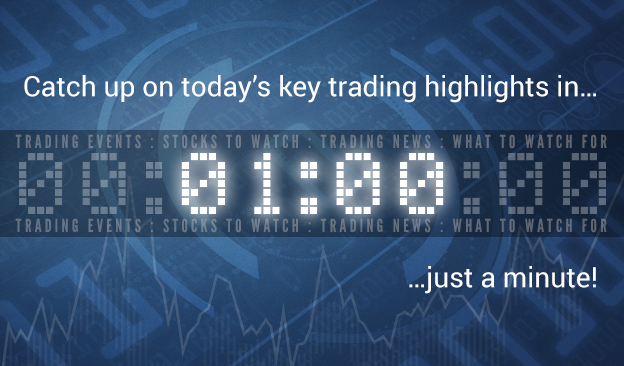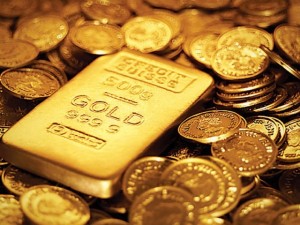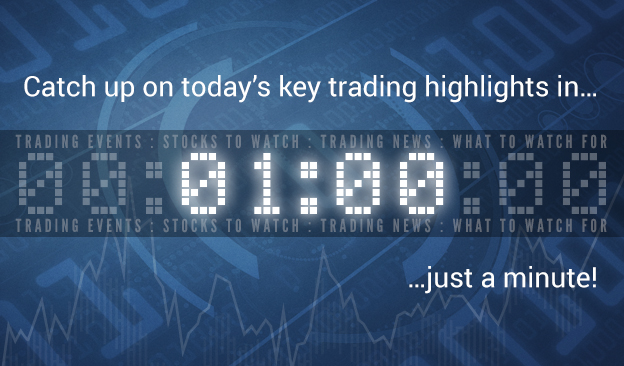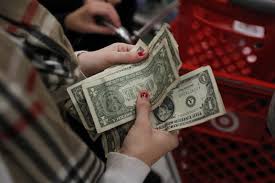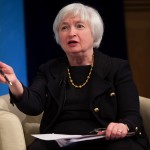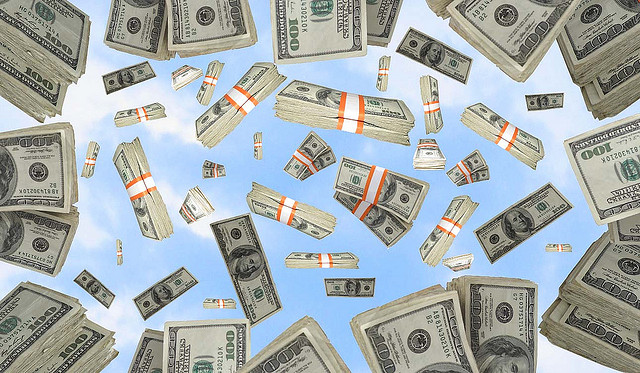Here’s today’s ‘Just A Minute’ bringing you a 60 second summary of what’s happening in the financial markets:
Main Trading Event Of The Day: U.S. FOMC Statement @ 18.00 GMT
WHAT WE’RE WATCHING TODAY
U.S. Consumers Most Confident Since 2007
Americans are more confident now about the economy than at any other time in the past seven years, according to the latest Conference Board survey. The consumer confidence index jumped to 90.9 in July from a revised 86.4 in June, the highest level since October 2007. Expectations had been for the index to slip to 85.0. Consumers are feeling more optimistic because of improved economic growth and a sharp upturn in hiring. Gross domestic product likely grew at a 3.2% pace in the spring after a 2.9% contraction in the first quarter according to projections. The preliminary GDP report will be issued Wednesday. The U.S. had also added at least 200,000 jobs a month for five straight months, one of the best stretches of hiring since the recession ended in mid-2009. Analysts predict another 200,000-plus gain for June when the monthly employment report is released on Friday. The improvement in consumer confidence suggests the recent strengthening in growth is likely to continue into the second half of this year and most economists predict the U.S. will expand by more than 3% in both the third and fourth quarters.
Consumers are still not as optimistic as they were in the years leading up to the 2007-2009 downturn when the consumer-confidence index averaged 103.4 in the seven years prior to the Great Recession. Nonetheless, confidence has rebounded sharply from a recession low of 25.3 in February 2009 which marked the lowest level ever in the history of the index dating to its origin in 1967.
Gold Dips Below $1,300 As Economic Data Eyed
Gold traded below $1,300 an ounce on today as investors nervously awaited the end of a Federal Reserve policy meeting to gauge the U.S. central bank’s view on the economy and monetary policy. The metal was pressured by the U.S. dollar, which held near a six-month high against a basket of major currencies on expectations of a hawkish tone from the Fed. Investors were reluctant to take big positions ahead of major U.S. economic data this week, including GDP on Wednesday and non-farm payrolls on Friday. Spot gold was flat at $1,299.54 an ounce after slipping 0.5 percent and breaking below the key $1,300 level in the previous session. Analysts saw little to support prices should the upcoming economic data give further confirmation that a recovery is underway. Recent strong economic data has prompted many to believe the U.S. central bank may raise rates sooner than expected. Higher rates would encourage investors to withdraw money from non-interest-bearing assets such as gold.
Europe Stocks Seen Lower Following Russia Sanctions
European shares are set for a lower open today after the United States and European Union expanded sanctions against Russia. The FTSE is called down 2 points at 6,805 while the German Dax is seen lower by 18 points at 9,635. The new sanctions drew increasing attention to an escalating geopolitical crisis which capped gains on Wall Street Tuesday. President Barack Obama said the United States was expanding on measures announced two weeks ago, targeting Russian energy, defense and financial sectors as Russia has continued to support separatists in eastern Ukraine, and was still building up forces on its own border with Ukraine. The sanctions are the toughest since the end of the cold war and come ahead of ahead of key risk events in the United States today and will put the ruble under severe pressure.
That sums up today’s highlights! We hope you have a profitable day on the markets.

